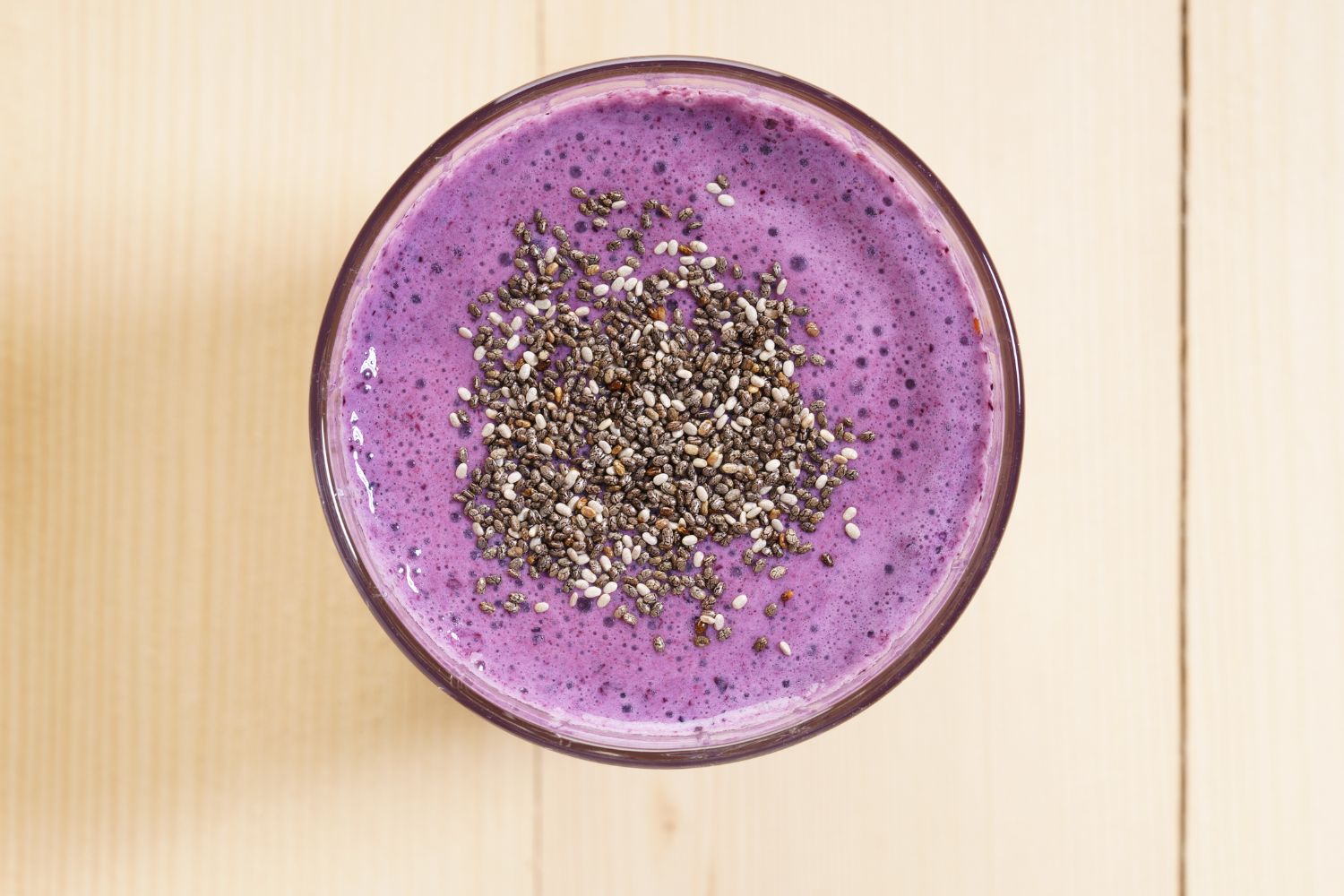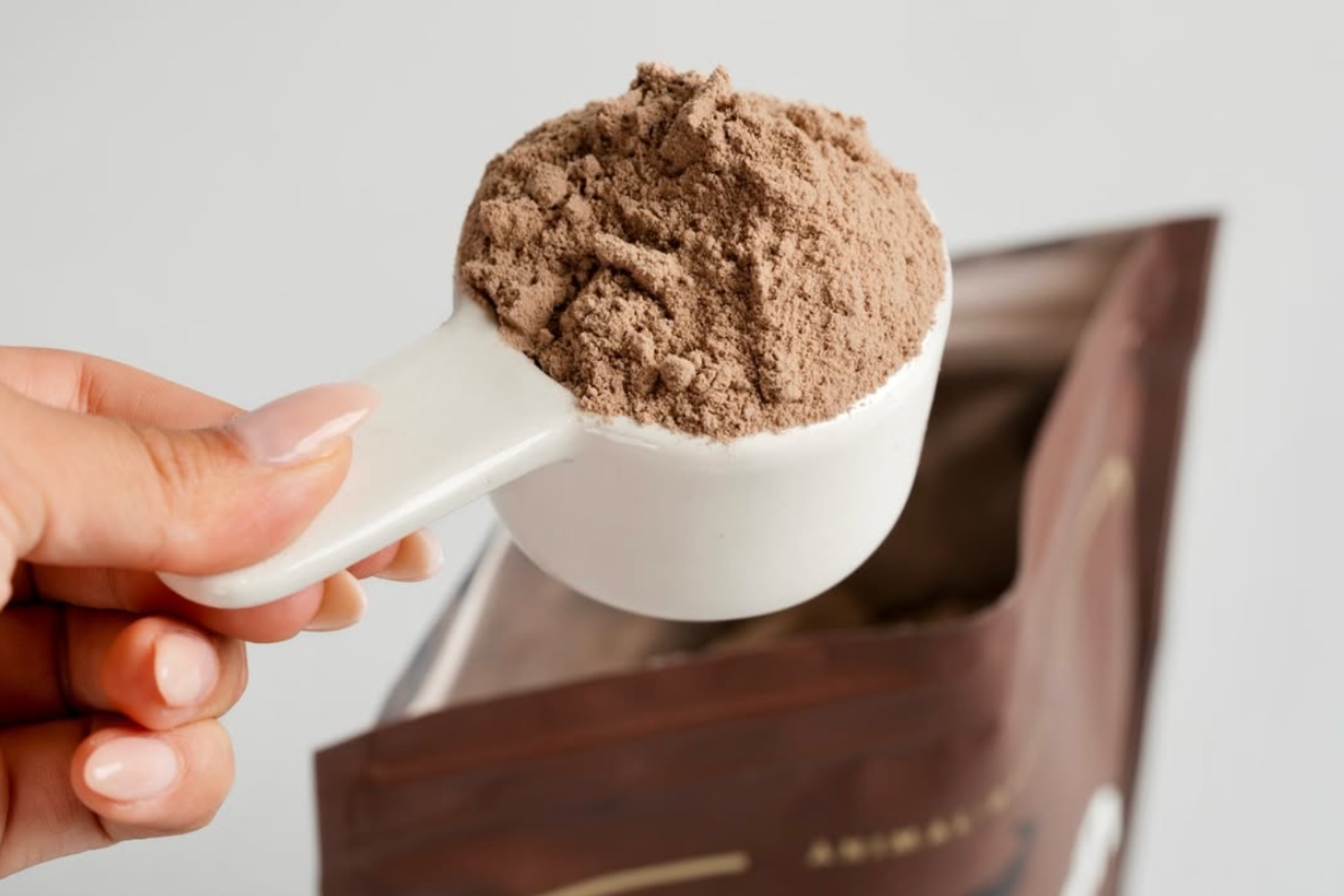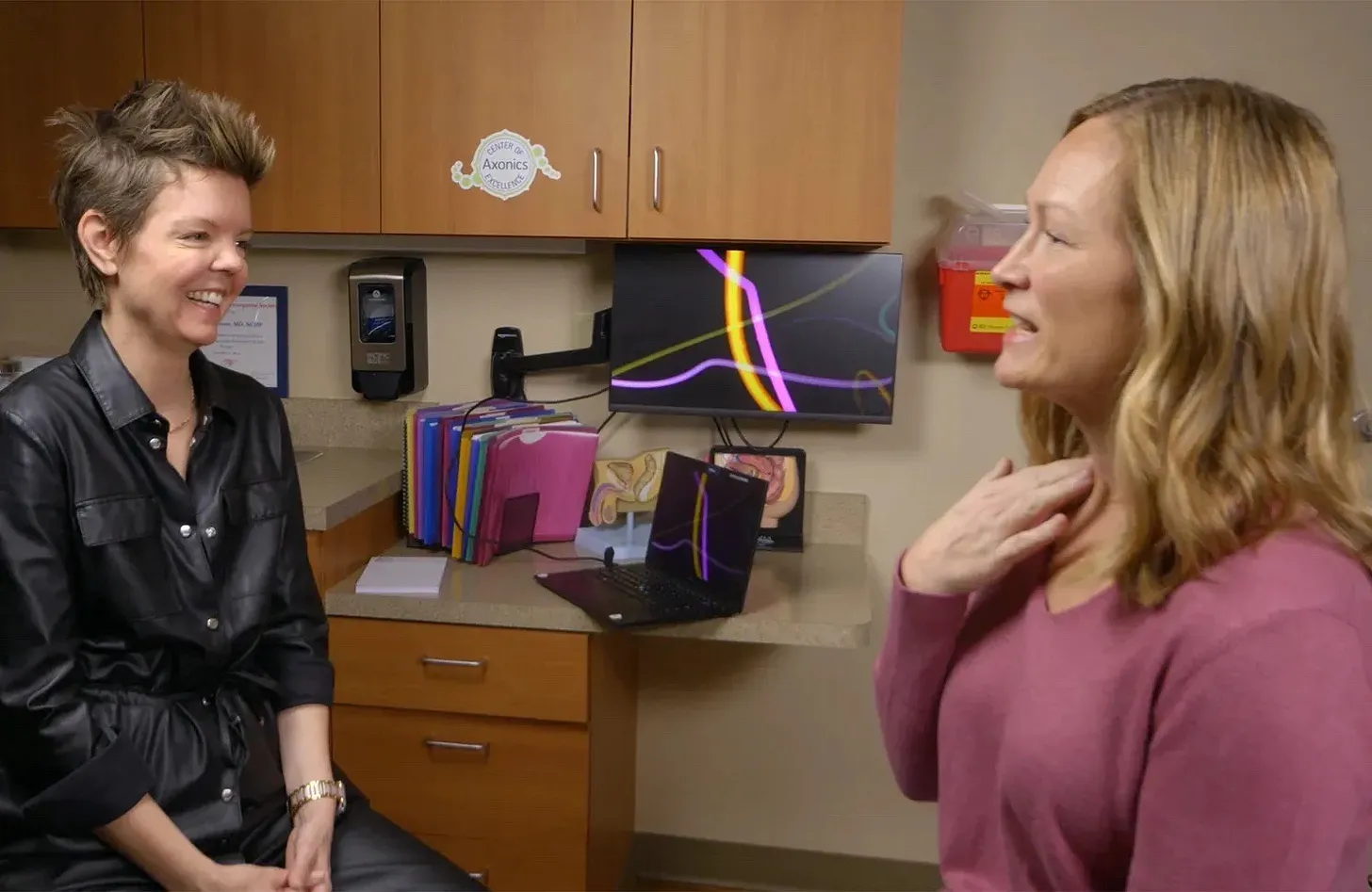
Flatulence facts: Why do women get gassy in menopause and perimenopause?
Gas, wind, or flatulence and menopause is rarely spoken about and yet research shows that around 60% of us will experience a change in digestive health during our menopause transition.
Although its potential for a little slapstick humour is obvious, this symptom is pernicious. It impacts not just our physical self but how we feel about our bodies too. We know that, if we don’t feel comfortable that our gut will ‘behave’ in social situations, we’re less likely to eat out and attend social occasions. Flatulence leads to a loss of confidence, feelings of unattractiveness. We may avoid intimacy too.
So, what is the science behind increased gassiness in midlife? And what do we, as midlife women, have the power to do about it?

What is the science behind increased gassiness in midlife?
Researchers now know that our gut microbiota can be disrupted by our menopause transition. We also know that menopause can lead to increased gut permeability. Also known as ‘leaky gut’, this condition results in a weakening of our intestinal walls, which results in toxins and bacteria effectively leaking into the body via our bloodstream. This can trigger inflammation in the gut and cause a host of issues and associated symptoms, with gas and increased food sensitivity just two.

What can we do to remedy flatulence during menopause?
1. Eat mindfully
Make real time for food and consume it consciously and thoughtfully. This means putting down your phone and turning off Netflix. Note the texture, colour, and joy in every bite of your meals.
2. Chew slowly
Many of us inhale our food rather than chewing it! But the process of the chew is critical for digestion. The more we do it, the more digestive enzymes we produce. This makes it easier for us to extract nutrients from our plate. And ensures that the particles that enter our digestive tract are smaller too. Aim for at least 20–25 chews per bite.
Also, we tend to gulp air when we eat quickly, which in turn can lead to gas and bloating. “Eating air” can occur when talking while eating or taking a second bite before the first one is fully chewed and swallowed. The cure? Take small bites and chew food thoroughly before taking another bite.
3. Think about how you ‘digest stress’
Stress has a significant impact on digestion. It can reduce digestive capacity, which in turn increases our ‘risk’ of flatulence. From meditation to breath work, Emotional Freedom technique (also known as EFT or tapping), yoga and walking in nature too, work out the self-care tools that work best for you.
4. Ensure you’re getting enough fibre on your plate
Many of us turn away from fibre when suffering from gas as we assume it exacerbates the issue. But you can enjoy fibre-rich foods, like fruits, oats, and avocado (so critical for a healthy gut microbiome). Just ensure you increase your intake of water at the same time. And, if you’re introducing fibre from a ‘low base’, increase your consumption slowly and adopt the principles of Tip 1, Mindful Eating, too.
5. Avoid ultra-processed food (UPFs)
Our bodies simply don’t know what to do with them, which can increase incidence of flatulence.
6. Consider the possibility of a new food sensitivity
Research shows that, in midlife, we may become more intolerant to certain foods. Track your body’s response. And, if it appears that certain food groups are an issue for you, seek professional advice.
Read more about the joys of menopause
Belly fat: Why we women gain weight around our midsections in our 40s and 50s
Natural Nutrition for Perimenopause: What to eat to feel good and stay sane
This article was originally published here on MPowder.



